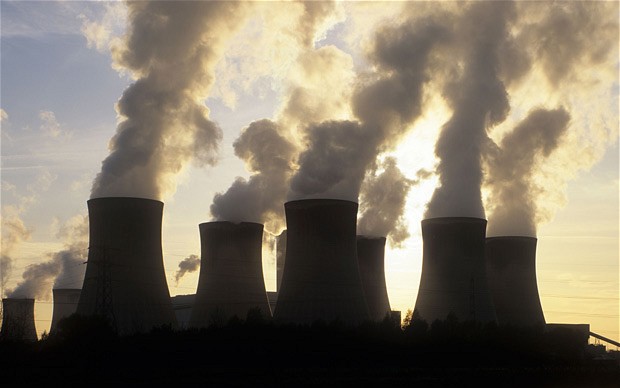A report released on Wednesday, November 20, 2019 by leading research organisations and the United Nations has outlined how current plans for fossil fuel production in some countries are not aligned with the Paris climate agreement goal of keeping global temperatures from rising above 1.5°C.

Titled “Production Gap”, the report highlights several countries that have led the way in demonstrating that a just transition from oil, gas and coal is possible. The governments of Belize, Costa Rica, Denmark, France, and New Zealand, for instance, have set limits on the exploration and future extraction of oil and gas.
Likewise, Germany and Spain are phasing out coal extraction, and working with workers and communities to plan for an economic future without coal mining. These actions are said to represent a growing momentum to limit the fossil fuel supply for climate and related sustainable development reasons.
According to 350Africa.org, it is a wake-up call for countries like South Africa which is ranked 13th among the 27 countries that produce the coal, oil, and gas that ultimately lead to 90% of global fossil fuel carbon dioxide (CO2) emissions.
“South Africa has to accelerate its transition away from coal. Alternatives are now more abundant, with wind or solar technologies currently being the least expensive option for adding new power-generating capacity. Combined with battery storage, they are poised to outcompete even existing gas and coal in most of the world by 2030. The risk for South Africa of not transitioning to a low carbon economy has been calculated at a potential R2 trillion,” adds the group.
It is believed that the transition from coal has always been heavily countered with the fear of loss of jobs and limited economic opportunities.
“Contrary to popular belief, the move to a low-carbon economy comes with many job opportunities. The International Labour Organisation estimates that globally 24 million jobs could be created through changes in energy production and use that can limit warming to 2°C. At the same time, six million jobs will be lost, including two million in the mining and extraction of fossil fuels.
“A careful and inclusive plan for a just transition to renewable energy should, therefore, ensure that not only are more jobs created as compared to those that will be lost, but that current ownership models are challenged,” said Glen-Tyler Davies, the 350Africa.org South Africa lead.
Coal, oil, and natural gas remain the world’s dominant sources of energy, accounting for 81% of total primary energy supply. These fuels are, by far, the largest contributor to global climate change, accounting for over 75% of global greenhouse gas (GHG) emissions and close to 90% of all CO2 emissions.
Scaling down fossil fuel production provides countries such as South Africa with many potential benefits, including: supporting global action to achieve climate goals; reducing the risk of stranding assets and communities; and decreasing other adverse social, environmental, and economic impacts, adds Davies.
